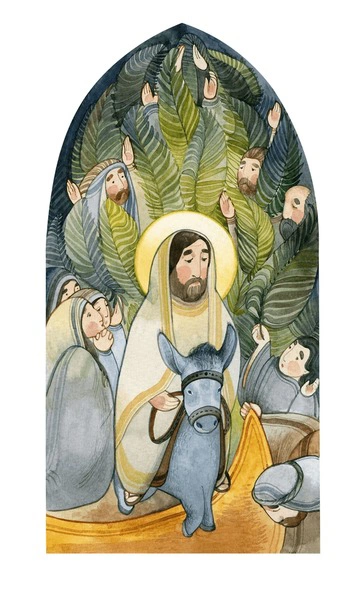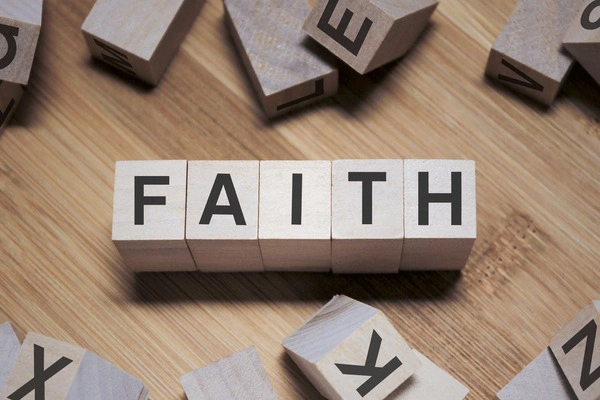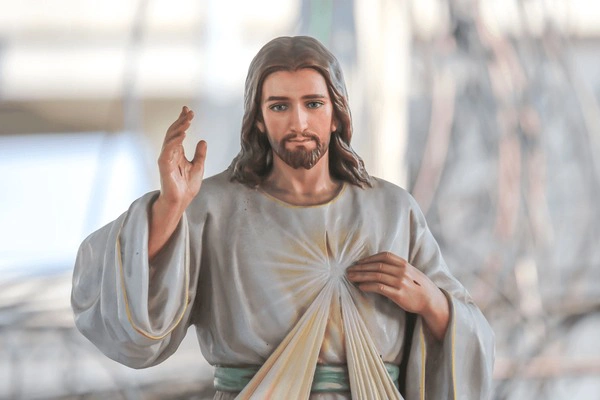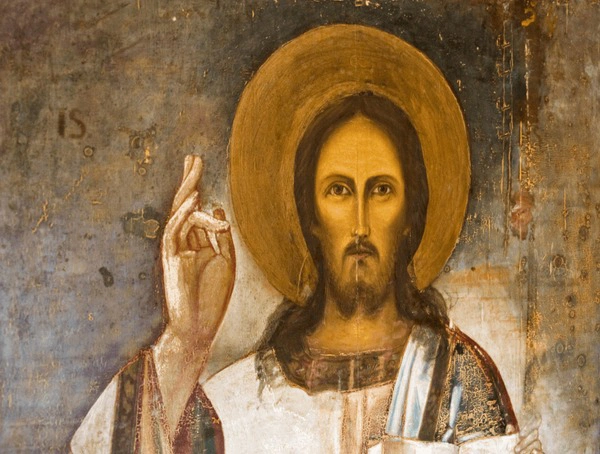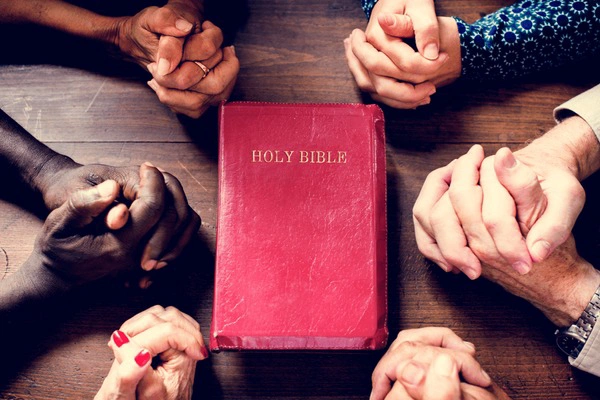
The Wisdom of Psalm 14: A Call to Faith and Accountability
Psalm 14 provides a profound insight into the spiritual and moral dimensions of faith, emphasizing the folly of denying God and the transformative power of divine accountability. It offers a timeless reminder of the consequences of turning away from God and the hope found in a righteous community.
Joshua Brooks
26/11/2024 - 6 months ago

Understanding Psalm 14
Psalm 14 starts with a bold declaration: "The fool says in his heart, 'There is no God.'" This statement challenges the notion of disbelief and suggests that denying God's existence is an act of folly. As someone who has studied religious texts deeply, I've seen how this verse is not merely a condemnation but an invitation to reflect on the reasons behind disbelief. The psalmist, traditionally understood to be David, is drawing attention to the moral and spiritual implications of rejecting God. It's an invitation to examine our hearts and consider the consequences of living without divine accountability.
The historical context of Psalm 14 is crucial for understanding its message. During David's time, Israel faced constant threats from surrounding nations that worshipped other gods. The psalm reflects a world where belief in God was a significant factor in defining one’s identity and guiding moral behavior. Disbelief was not just a personal stance but a cultural anomaly that could lead to societal decay. This message resonates today, highlighting the importance of grounding our values in something greater than ourselves to avoid moral corruption.
From a historical perspective, this psalm is a reminder of how belief systems shape societies. David’s assertion that disbelief leads to corruption suggests that moral decay often results from a lack of accountability. When we remove a higher power from the equation, we risk losing a moral compass. This is not just a spiritual argument but also a social one, emphasizing the role of faith in maintaining ethical standards within a community.
The Presence of God Among the Righteous
In contrast to those who deny God, Psalm 14 emphasizes the presence of God among the righteous. "God is present in the company of the righteous," the psalm affirms. This statement offers assurance and encouragement to those who seek to live according to divine principles. The righteous are depicted as those who recognize God's existence and allow that belief to guide their actions and decisions. This acknowledgment of God’s presence serves as a source of strength and moral clarity.
The psalmist’s emphasis on righteousness is a call to action. It suggests that righteousness is not merely a passive state but an active pursuit of goodness and justice. Through my studies and experiences, I've observed that this pursuit often involves community. Being part of a group that seeks to live according to God's will provides support and accountability, reinforcing the idea that faith is both a personal and communal journey. God's presence among the righteous offers a model for how communities can thrive when grounded in shared beliefs.
Understanding this aspect of Psalm 14 helps us appreciate the transformative power of faith. The presence of God within the community of believers acts as a stabilizing force, providing guidance and hope. This communal aspect of faith is essential for fostering environments where moral principles are practiced and upheld. By recognizing God’s presence, individuals are encouraged to live with integrity and purpose, contributing to a society that values righteousness.
Consequences of Turning Away
Psalm 14 vividly describes the consequences of turning away from God. "All have turned away; all have become corrupt," it states, illustrating the moral decline that follows when individuals reject divine guidance. The psalmist's words serve as a cautionary tale about the dangers of living without accountability to a higher power. This turning away is portrayed as a collective failure, emphasizing how individual choices can impact the broader community.
The corruption mentioned in the psalm is not just a personal failing but a societal one. As someone with a background in history and missions, I’ve seen how communities can suffer when they lose sight of ethical and spiritual standards. Moral decay often follows when people focus solely on their desires, ignoring the greater good. The psalmist warns of the chaos that ensues when people abandon the principles that hold societies together.
Reflecting on this, we see the importance of accountability in maintaining moral integrity. When individuals and communities turn away from God, they risk losing the values that promote justice and compassion. This serves as a reminder that faith plays a critical role in shaping ethical behavior and ensuring that societies remain grounded in principles that promote peace and harmony. Turning back to God can restore these values and prevent the corruption that arises from moral neglect.
Finding Hope in Divine Accountability
Despite the bleak picture painted by Psalm 14, there is hope in divine accountability. The presence of God among the righteous offers a path to redemption and renewal. This hope is not just for individuals but for entire communities seeking to restore their moral compass. By embracing accountability to God, people can find strength and guidance to overcome the challenges posed by moral decay.
The message of hope in Psalm 14 is powerful because it recognizes the potential for change. Even in a world where many have turned away, the possibility of redemption remains. This is a theme I've encountered numerous times in my studies and experiences as a missionary. People and communities can transform when they acknowledge their need for divine guidance and seek to align their lives with God’s will. This transformation begins with a willingness to admit past failures and embrace a future grounded in faith.
Ultimately, Psalm 14 encourages us to find hope in a relationship with God. It challenges us to reflect on our beliefs and actions, urging us to seek righteousness and accountability. By doing so, we not only improve our personal lives but also contribute to a society that values justice and compassion. Through faith, we can overcome the moral challenges of our time, drawing strength from the presence of God among us.





